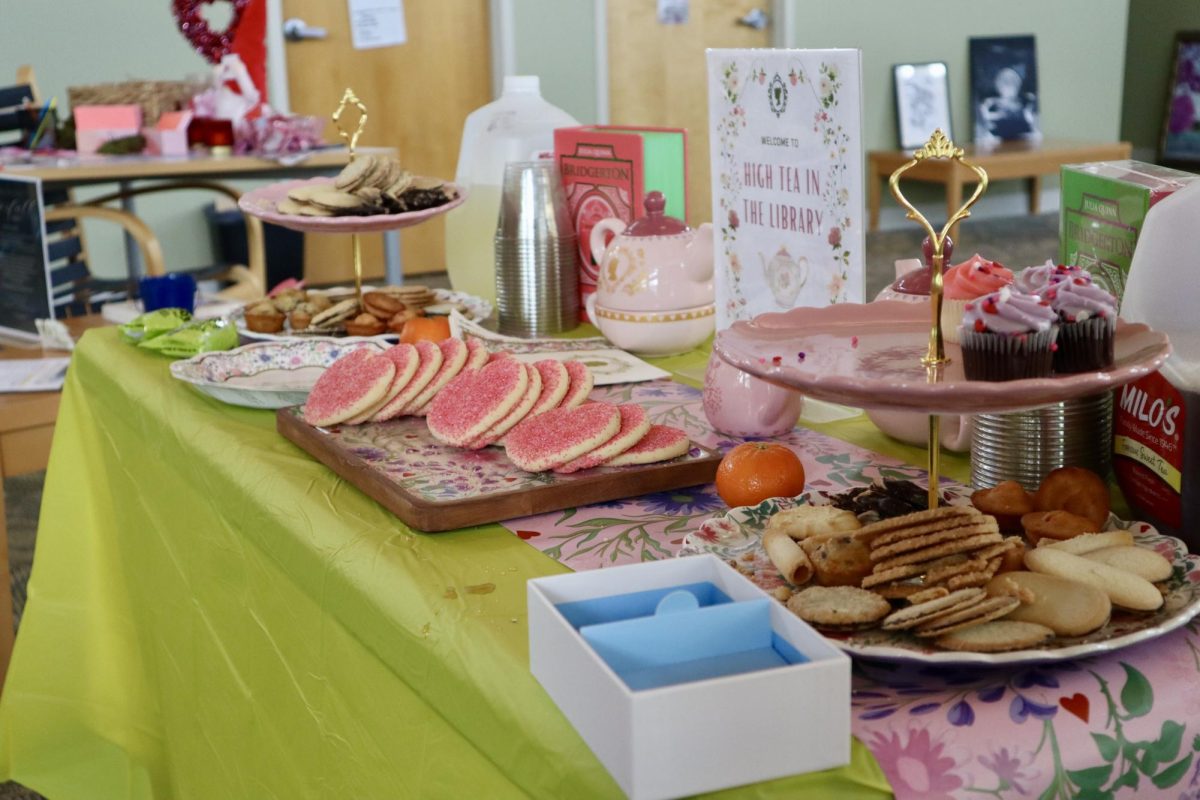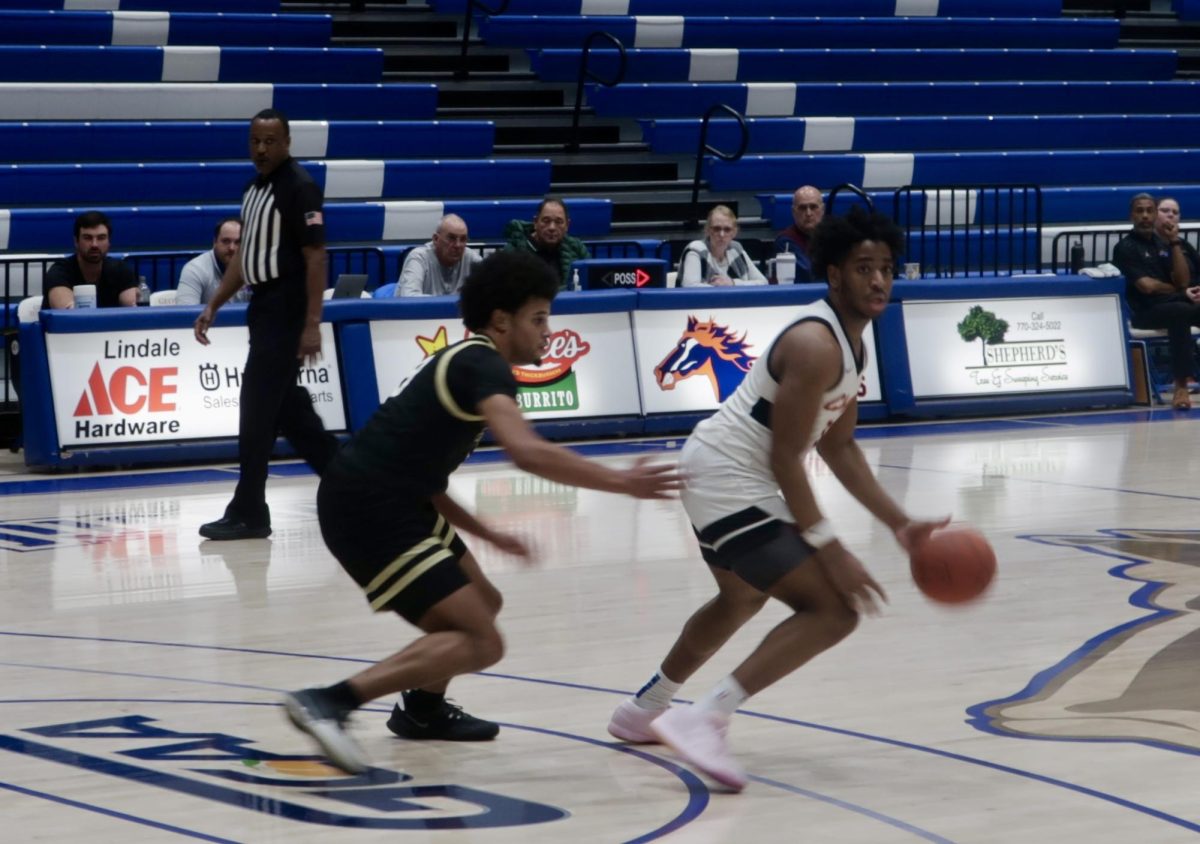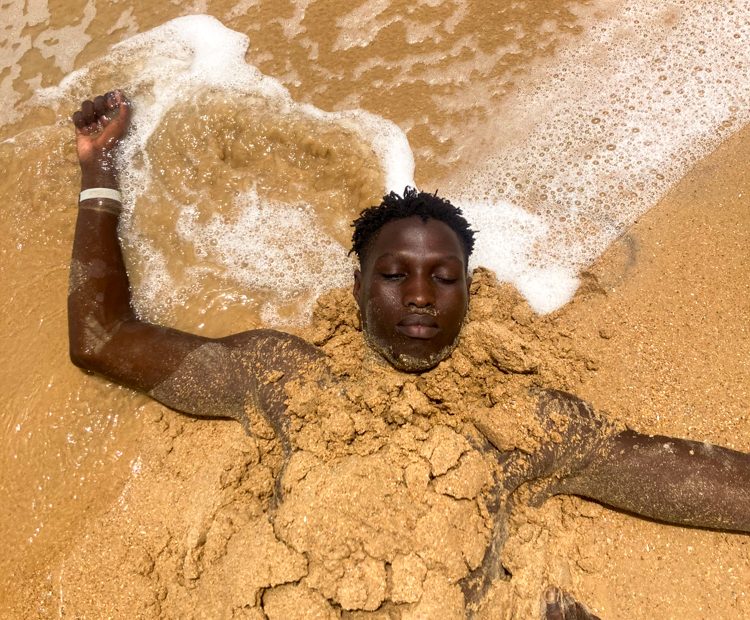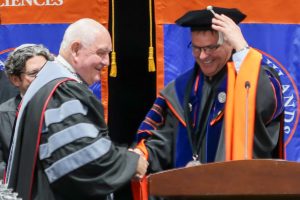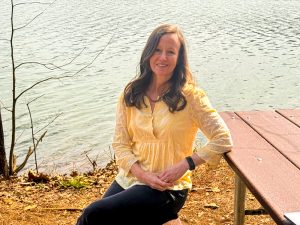Civil War anniversary prompts many reenactments
April 16, 2013
Musketry and cannons vibrate the ground. Acrid smoke wafts through forests and fields, carrying the sulfuric smell of black powder. Through the din of battle, shouted commands and the cries of the wounded can be heard.
Have the audience and participants traveled back in time to an era long passed? No, the panorama spread before them is a re-enactment of a battle from the American Civil War.
This year marks the third year of the war’s sesquicentennial, the 150th anniversary.
Events occur on just about every weekend somewhere, but large re-enactments throughout the year will commemorate battles and other occasions of 1863, including Gettysburg in July and Chickamauga in September.
These national events tend to draw thousands of participants from across the country. The 149th anniversary of the Battle of Resaca will also occur this year on May 18-19.
Next year, many of these will be much closer as the Atlanta and Tennessee Campaigns of 1864 hit the 150-year mark.
Eric Leonard, Chief of Interpretation and Education at Andersonville National Historic Site, stated the site’s March 1864 living history will commemorate the opening of the prison and include demonstrations by guards and scenarios inside the stockade with prisoners.
Don Scarbrough, interpretive ranger at Sweetwater Creek State Park, said the park’s living history in September will mark the events surrounding the town of New Manchester and its textile mill, which was destroyed by federal troops in 1864.
Battles which will be re-enacted next year include Resaca and Atlanta. A Franklin event is in the works for Tennessee.
Civil War re-enactments portray soldiers and civilians who suffered through those traumatic years. Those who participate in the re-enactments attempt to do so accurately, with countless hours of research into clothing, tactics and drill.
The most common impressions are infantry, cavalry and artillery, though civilians play significant roles depending on the event.
The term “re-enactment” covers a wide array of events. Living histories are usually smaller and more personal, with scheduled informational talks and demonstrations. Many of these take place in national and state parks.
The larger battle re-enactments give the public a view into the grand scale of a battlefield with troop movements and depictions of actual engagements, including casualties. Grand camps with company streets marked by lines of white canvas tents are the norm.
Immersion and campaign events occur out of the view of the public eye and give those taking part a better feel for military life in the 1860s.
For these, the soldier carries everything for the weekend on his back, including “period” rations which are cooked on-site.
Others with an interest in or passion for history can also get involved. The re-enacting community encompasses thousands of people in units from coast to coast, and several are in Georgia.
The Georgia Sharpshooters, based in the Northwest Georgia area, accepts military and civilian members. Their website contains quite a bit of information on re-enacting, including how to get started.
For more information, students should visit http://georgiasharpshooters.org/.





